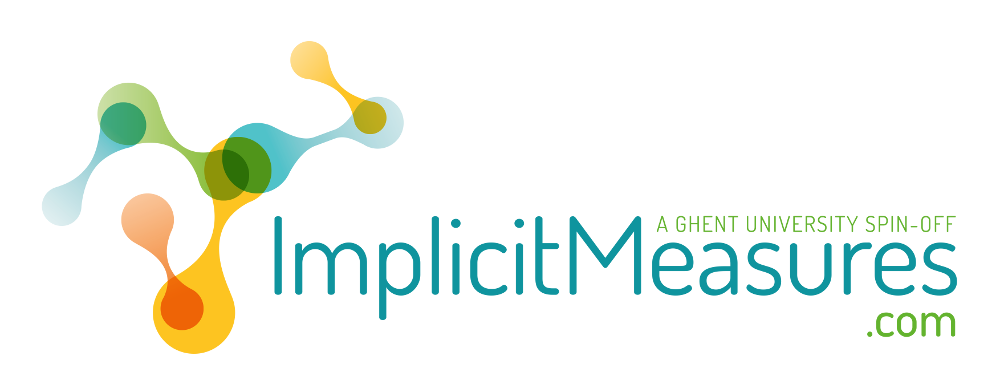Cognitive Bias Modification Therapy
Over the past decade, is has become increasingly clear that maladaptive cognitive biases play a key role in the occurrence and maintenance of addiction (e.g., Deutsch & Strack, 2006).
In close collaboration with psychiatric hospital Heilig Hart in Ieper (Belgium), ImplicitMeasures.com has developed a Cognitive Bias Modification (CBM) program aimed at changing these maladaptive cognitive biases. The CBM program targets both automatically activated approach tendencies (e.g., Eberl et al., 2013; Wiers et al., 2011) and spatial attention biases (e.g., Schoenmakers et al., 2010).
Via the administrator pages, administrators can create and manage user accounts for patients and therapists, create therapy groups, schedule therapy and measurement sessions, retrieve summary reports, etc.
References:
- Deutsch, R., & Strack, F. (2006). Impulsive and reflective determinants of addictive behavior. In R. W. Wiers & A. W. Stacy (Eds.), Handbook of implicit cognition and addiction (pp. 45-57). Thousand Oaks, CA: SAGE.
- Eberl, C., Wiers, R. W., Pawelczack, S., Rinck, M., Becker, E. S., & Lindenmeyer, J. (2013). Approach bias modification in alcohol dependence: Do clinical effects replicate and for whom does it work best? Developmental Cognitive Neuroscience, 4, 38-51.
- Schoenmakers, T. M., de Bruin, M., Lux, I. F. M., Goertz, A. G., Van Kerkhof, D. H. A. T., & Wiers, R. W. (2010). Clinical effectiveness of attentional bias modification training in abstinent alcoholic patients. Drug and Alcohol Dependence, 109, 30-36.
- Wiers, R. W., Eberl, C., Rinck, M., Becker, E. S., & Lindenmeyer, J. (2011). Retraining automatic action tendencies changes alcoholic patients' approach bias for alcohol and improves treatment outcome. Psychological Science, 22, 490-497.
Date: September 2017
